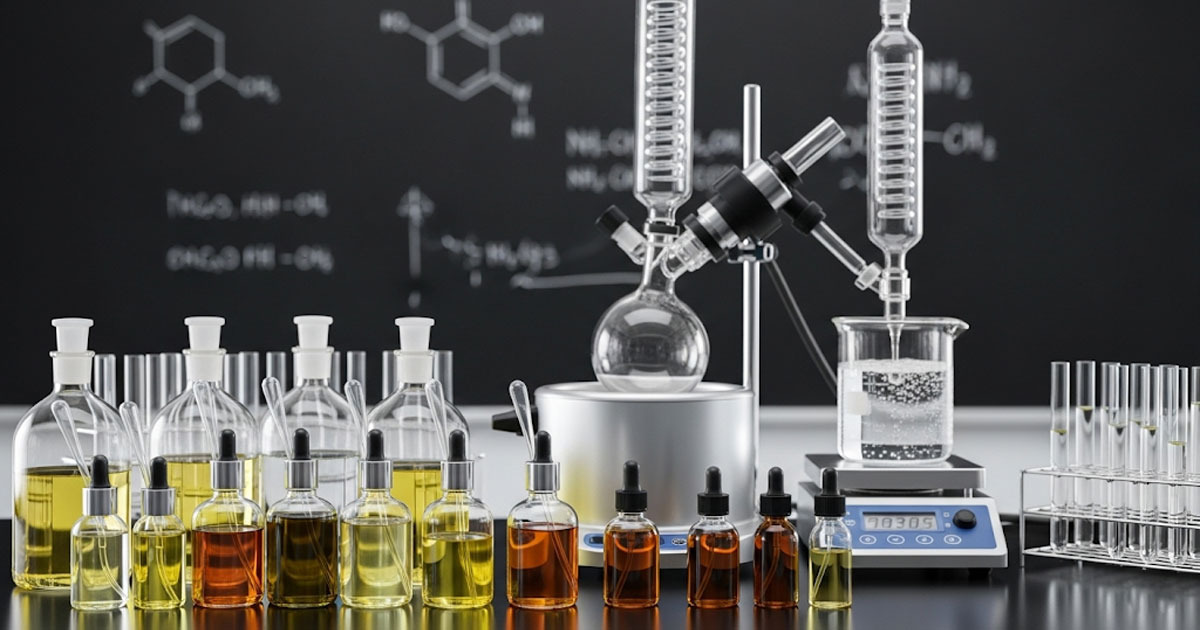The Unsung Hero of Hospitality Cleanliness
In the hospitality industry, dish wash soap plays a silent yet vital role. Behind every clean plate, sparkling glass, and sanitized utensil is a detergent working relentlessly to ensure hygiene and safety.
For hotels and cafes, where customer trust hinges on cleanliness, understanding dish wash soaps is not optional it’s operationally essential. Modern dish wash solutions go beyond mere grease removal.
They are formulated for rapid food residue breakdown, spot-free rinsing, and microbial safety. Selecting the right soap can streamline kitchen workflows and contribute significantly to guest satisfaction and food safety compliance.
Given that kitchens in hospitality settings run continuously, the choice of dish wash soap affects not just hygiene but also maintenance schedules, equipment longevity, and even water consumption. Efficiency and sustainability now go hand in hand with cleanliness.
Key Factors in Choosing Dish Wash Soaps
Matching Formulation to Cleaning Demands
Cafes and hotels serve diverse cuisines, meaning their kitchen soils range from oily grills to dairy-rich residues. Not all soaps are equal alkaline-based soaps are better at cutting fats, while enzymatic types are ideal for organic residues like proteins and starches.
Foam Control and Rinse Ability
A major concern in professional kitchens is how well a detergent rinses off without leaving residue. Excessive foam might seem like an indicator of effectiveness, but in commercial dishwashing, low-foam formulas with quick rinse properties are more desirable. They reduce rinsing time and prevent water spotting on utensils and glassware.
Compatibility with Equipment and Materials
Certain formulations may corrode stainless steel or cause clouding on glass over time. It is essential to ensure that the soap used is non-reactive with dishwashing equipment and suitable for the materials being cleaned. Check manufacturer guidelines and consider pH-balanced options for long-term care of your kitchen assets.
Regulatory and Safety Considerations
Compliance with Food Safety Standards
Dish wash soaps used in cafes and hotels must meet local food safety regulations. In many countries, only approved formulations are allowed in commercial kitchens. Ingredients must be non-toxic and fully rinseable, with clear labeling and usage instructions.
Certifications and Third-Party Endorsements
Look for soaps that are certified by food safety bodies or carry eco-labels. Certifications such as NSF, ISO, or local equivalents ensure the product has undergone rigorous testing for safety, biodegradability, and performance.
Safe Handling and Staff Training
Even safe products can pose risks if handled improperly. Staff must be trained to use dish wash soaps in correct concentrations and know what to do in case of spills or accidental contact. Color-coded bottles, dilution charts, and safety data sheets should be accessible in all kitchens.
Environmental Impact and Sustainability
Shift Towards Eco-Friendly Formulas
Consumer preferences are shifting toward sustainability, and hospitality businesses are responding. Eco-friendly dish wash soaps use biodegradable ingredients, avoid phosphates, and often come in recyclable packaging. They help hotels and cafes meet corporate sustainability goals without sacrificing performance.
Water Usage and Waste Management
Concentrated formulas require less product per wash cycle, which indirectly reduces water use and packaging waste. Additionally, some detergents are designed for compatibility with greywater systems, supporting responsible water reuse in larger hotel operations.
Cost vs. Impact Balance
Sustainable products may have a slightly higher upfront cost but often result in long-term savings through lower consumption, reduced maintenance, and positive brand perception. Decision-makers must weigh both tangible and intangible returns.




